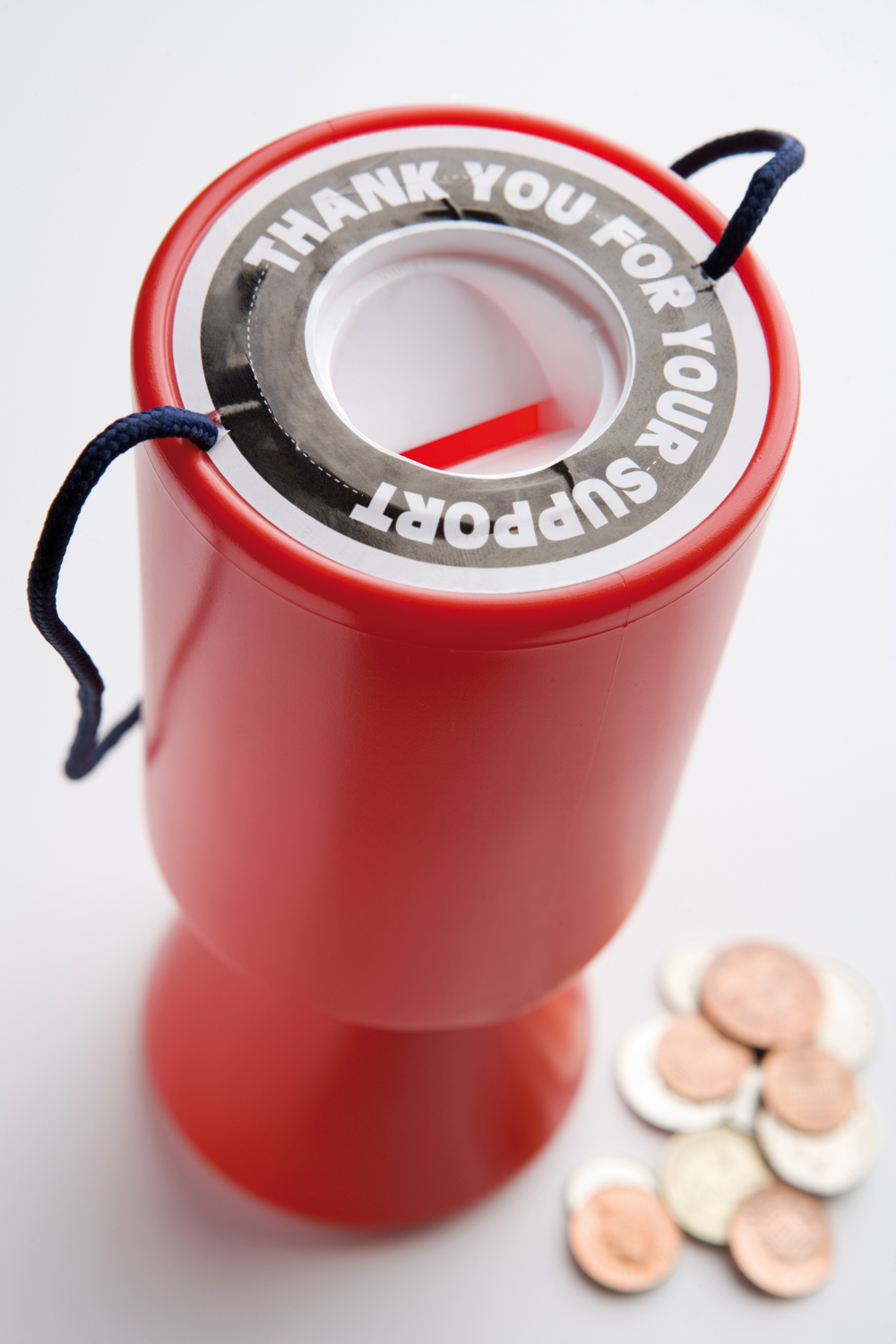News
How to give to charity via your savings account

Bank customers can use a savings account or current account to support a charity without donating their own money.
Charitable donations have dropped during 2020 as people tighten their belts during the coronavirus pandemic.
According to DSA Connect, 28% of consumers having cut their charity donations since the start of the pandemic, compared to just 5% who have increased them.
More than half (53%) of those surveyed by DSA Connect reduced their donations to charities because they were more conscious of saving and protecting their income during the pandemic .
But savers can still give to charity without paying a donation directly, by saving their money in a charity savings account. Banking customers can also opt to donate rewards on certain current accounts to a charity.
Rachel Springall, finance expert at Moneyfacts.co.uk, said: “On savings accounts, consumers who are happy to forgo a top savings rate could instead choose a charity savings account, plus if their cash is currently sitting within an easy access account with a high street bank, they could be earning a rate as low as 0.01% and could do better regardless.
“Charity savings accounts permit the provider to donate on consumers behalf, for example for savers who want instant access to their cash, Coventry Building Society has a Supporters Account which pays 0.25% to the saver and the society will pay a yearly rate of 1% to a chosen charity, such as Willow Trust. It is worth pointing out that some of these accounts are only available to local customers or those who open in branch or by post. Sadly, charity savings accounts have been hit by rate cuts just like the rest of the market, so consumers will need to weigh up their options and compare deals carefully.”
Which are the best charity savings accounts?
Newbury Building Society’s Charity Account pays 0.4% AER and also pays the equivalent of 0.4% of each saver’s balance to a charity chosen from a list. The list includes Alzheimer’s Society, St Michael’s Hospice, Sue Ryder and Newbury Cancer Care.
Ipswich Building Society’s Mutual Advantage account pays savers 0.3% AER and also pays the equivalent of 1% of each saver’s balance to their nominated charity.
Other building societies offering charity savings accounts include Monmouthshire, Cumberland, Leek and Chorley.
How current account customers can give to charity
Banking customers can help good causes by forgoing a reward payment on some current accounts and giving it to charity instead.
The Co-operative Bank’s Everyday Rewards scheme can be added onto a selection of bank accounts. It pays a monthly reward of £2 and up to £3 in debit card rewards. This cash can be donated to one of the Co-op’s five chosen charities which are Amnesty International, Hospice UK, Oxfam, Refuge or Woodland Trust.
NatWest offers a Reward Current Account where customers can opt to donate rewards to one of 11 charities. Natwest will match every donation through the Rewards scheme up to the value of £50 until 31 December 2020, up to a combined total of £100,000.
Springall said: “Those looking to refer their friends to a more ethical bank may wish to consider the offer from Triodos Bank, whereby if existing customers take advantage of the Refer a Friend scheme, £25 will be donated to a charity on their behalf and a £60 voucher will go to their friend when they open a current account. The account does carry a fee, so it’s important consumers compare deals before they apply.
“Clearly there are many options consumers can consider to help a good cause moving towards the New Year. It has been a turbulent year for many, so if consumers are adamant that they want to give something to charity but are concerned about dipping into their own disposable income, then they could utilise a savings or current account to donate on their behalf, which will no doubt be appreciated.”